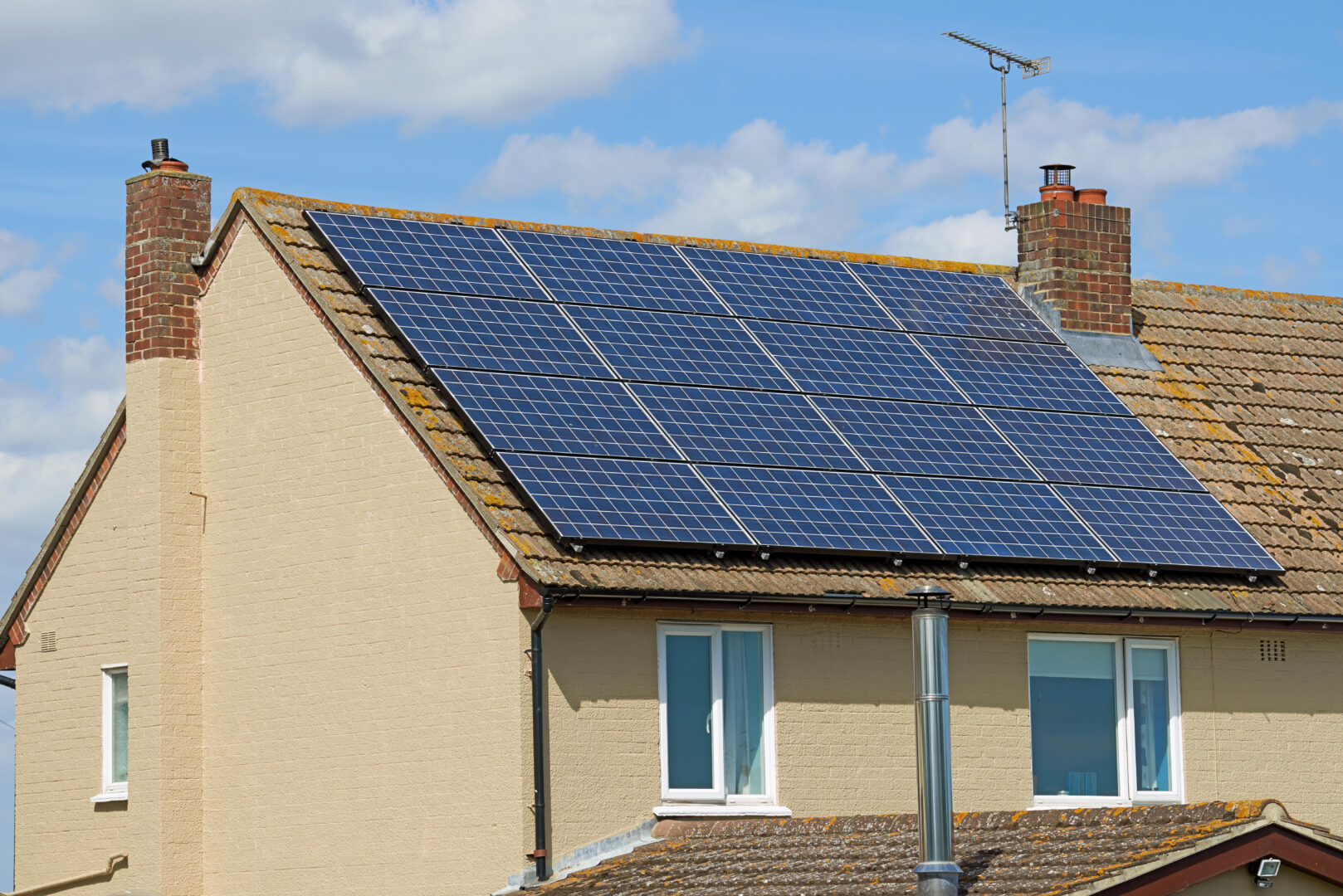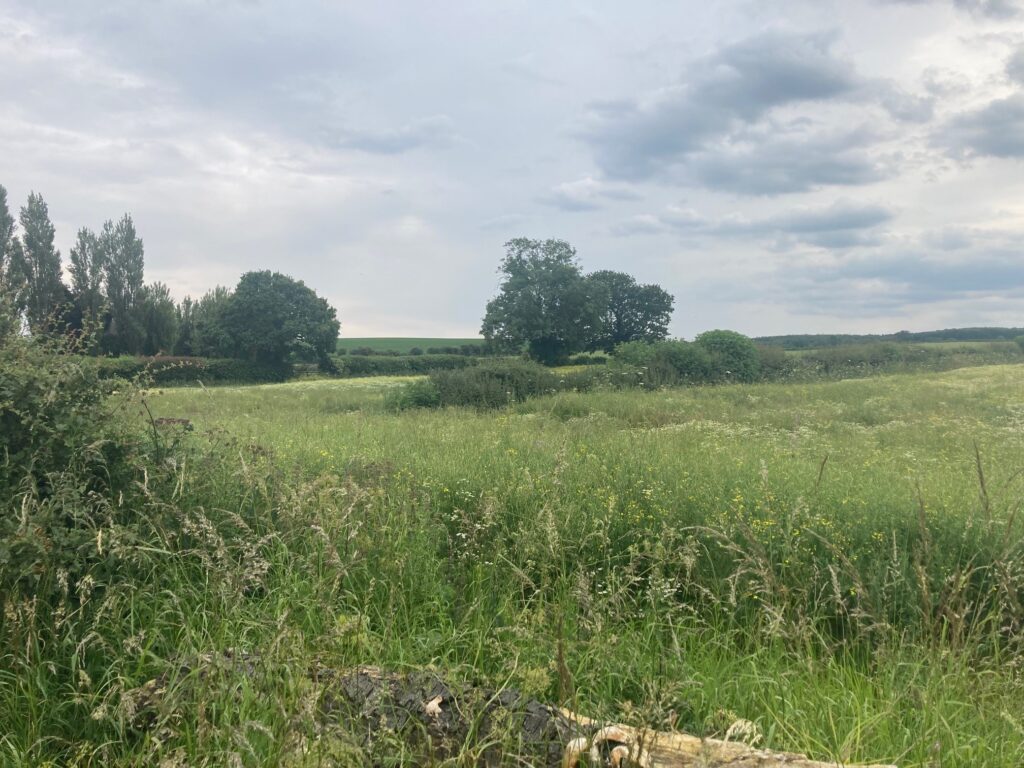Rooftop Solar

The climate emergency and the countryside
The UK is facing a huge two-pronged challenge on energy: how to meet its net zero carbon target and how to address an emerging crisis in the supply and cost of energy, which is having a profound effect on the cost of living. For people living in rural areas, these challenges are greater because their homes are less energy efficient, are more reliant on heating oil, for which there is currently no price cap, and are more car-dependent.
CPRE is calling on the government to adopt a renewables strategy that prioritises rooftops, surface car parks and brownfield sites.
If implemented quickly, the policy could drastically reduce energy bills during the cost-of-living crisis and speed up the transition to net zero. At the same time it leaves as much countryside as possible available for farming and nature restoration.
Delivering more rooftop solar can help:
- Cut carbon emissions and tackle the climate emergency
- Spare more land for farming and nature
- Reduce sky high electricity bills
- Make our energy system more efficient by generating power close to where it’s needed
- Protect our beautiful countryside
Read more in our Rooftop Revolution Report
Urgent policy changes
Three urgent policy changes are needed to ensure renewables are done well:
- A national land use strategy to balance the competing demands for development, energy and infrastructure, food security and nature recovery; and planning policy amended so that it actively promotes solar panels on suitable brownfield land, avoiding best and most versatile agricultural land.
- Solar panels should be a standard expectation for all suitably-orientated roofs on new buildings, including homes; and planning permission should not be granted for commercial or public car parking spaces unless they also provide solar energy generation.
- The government needs to give more financial support to community energy, so that new brownfield solar schemes can be connected to the grid quickly.

Solar Power in our Area
We’ve been on the ground in the agricultural village of Marr, near Doncaster, listening to concerns from residents about the impact a large solar farm will have on local landscapes, nature and farming. The proposed 190 acre site, situated in the Green Belt, could generate 40 megawatts from the installation of ground mounted photovoltaic.
We strongly advise decision makers to thoroughly evaluate proposed solar farms on valuable agricultural land, so as not to compromise the UK’s food security.
Read more about the proposals


